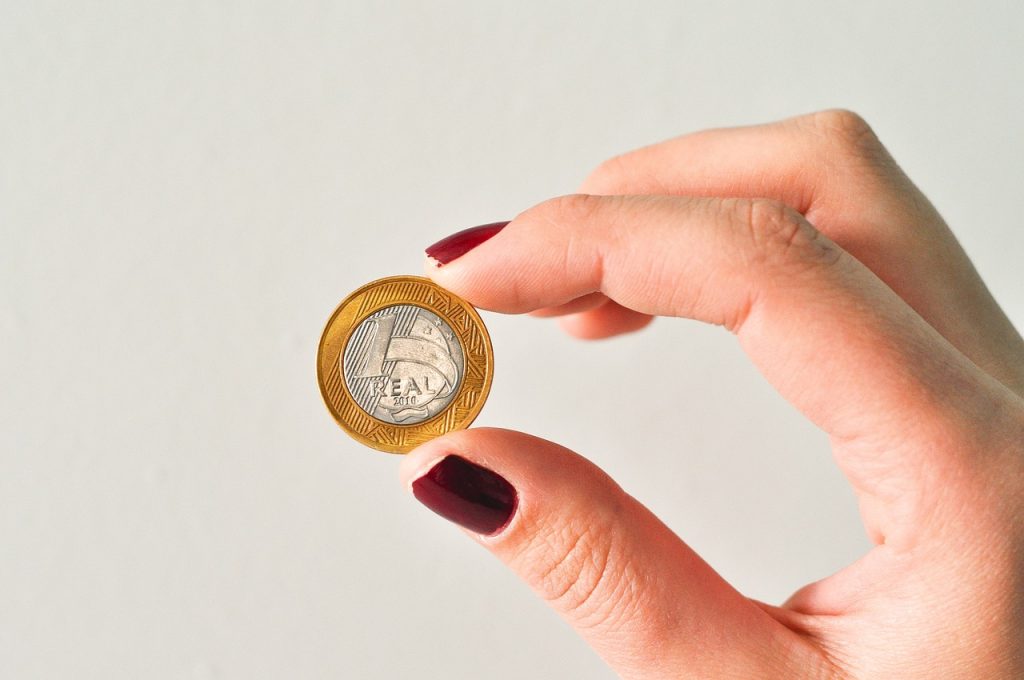Hey there, savvy savers and ethical spenders! I’m Emily Johnson, and for the past four years, I’ve been your trusty guide through the world of ethical spending. Today, I’m here to unravel the secrets of ethical savings, a topic that can help you grow your nest egg while staying true to your values. So, grab your favorite eco-friendly snack and get ready to explore this exciting journey with me.
Ethical Savings: What’s the Buzz About?
Before we dive into the nitty-gritty of ethical savings, let’s clear up what it actually means. Ethical savings, in a nutshell, is about making your money work for you while also making a positive impact on the world. It’s the financial equivalent of having your cake and eating it too!

Now, you might ask, “Why should I bother with ethical savings?” Well, my dear readers, it’s because ethical savings align your financial goals with your ethical values. It’s about putting your hard-earned cash into endeavors and investments that not only grow your wealth but also contribute to a better world. Here’s how to get started:
Ethical Banking and Credit Unions
Let’s kick things off with the foundation of ethical savings: where you store your money. Traditional banks sometimes invest your deposits in activities that may not align with your values. But fret not! Ethical banks and credit unions are here to save the day.
These financial institutions are known for putting your money to work in socially responsible ways. They support local communities, invest in renewable energy, and adhere to ethical lending practices. By choosing an ethical bank or credit union, you ensure that your savings aren’t contributing to harmful industries.
Sustainable Investing
If you want to watch your savings grow while making a positive impact, sustainable investing is your go-to strategy. It’s like planting seeds of prosperity that sprout into a better world.
Consider investing in green bonds, which fund environmentally friendly projects like clean energy initiatives. Or explore impact investing, where you invest in companies that prioritize both financial returns and social or environmental goals. Not only can these investments provide attractive returns, but they also allow you to be a part of meaningful change.
Divestment from Harmful Industries
Ethical savings often involve divestment, which means avoiding investments in industries that go against your values. Take a stand against fossil fuels, weapons manufacturing, or exploitative labor practices by steering clear of stocks, bonds, or funds associated with these sectors.
By divesting from harmful industries, you not only protect your conscience but also your financial well-being. As public sentiment shifts towards ethical concerns, companies in these industries may face increased financial risks, making them less attractive for long-term investors.
Ethical Budgeting and Spending Habits
Your savings journey starts at home, right in your budget. Ethical spending is just as crucial as ethical investing when it comes to building a robust financial future. Here are a few tips:
a. Prioritize Quality Over Quantity: Instead of buying cheap, disposable items, invest in high-quality, long-lasting products. You’ll save money in the long run by reducing replacement costs.
b. Reduce Waste: Embrace a minimalist mindset and declutter your life. The less you buy, the more you save. Plus, it’s better for the environment.
c. Support Ethical Brands: Choose products from companies that share your values. Many ethical brands offer competitive prices and discounts to loyal customers.
Set Clear Ethical Financial Goals

To succeed in ethical savings, it’s essential to define your goals clearly. What are your values, and what financial objectives do you want to achieve? Are you saving for retirement, a down payment on a home, or a dream vacation?
For instance, if you’re saving for retirement, consider ethical retirement funds that align with your values. These funds invest in companies with strong environmental, social, and governance (ESG) performance, ensuring your retirement is not at the expense of the planet or society.
Real-Life Examples
Now that we’ve covered the strategies, let’s explore some real-life examples to see how ethical savings can make a difference:
Case 1: Ethical Banking Pays Off
Meet Sarah, a conscientious saver who switched to an ethical credit union for her savings account. Not only did she enjoy lower fees and competitive interest rates, but she also felt good knowing her money was being used to support local community projects.
Case 2: Sustainable Investing Success
John decided to invest in a sustainable energy mutual fund. Over the years, as renewable energy gained traction, John’s investments grew substantially. He not only secured his financial future but also contributed to the fight against climate change.
Case 3: Ethical Budgeting Bliss
Lisa, an ethical spender, adopted a minimalist lifestyle. By reducing her spending on unnecessary items, she managed to save a significant portion of her income. She redirected these savings into ethical investments, doubling her impact on the causes she cared about.
In Conclusion
Ethical savings is not just a financial strategy; it’s a way of life. By aligning your money with your values, you can watch your savings grow while contributing to a better world. Whether you choose ethical banks, sustainable investments, divestment from harmful industries, ethical budgeting, or setting clear financial goals, your choices matter.
So, my fellow ethical spenders, embrace the power of ethical savings. It’s a journey that not only secures your financial future but also leaves a positive mark on the world. Until next time, stay ethical, stay savvy, and keep those wallets green!

































